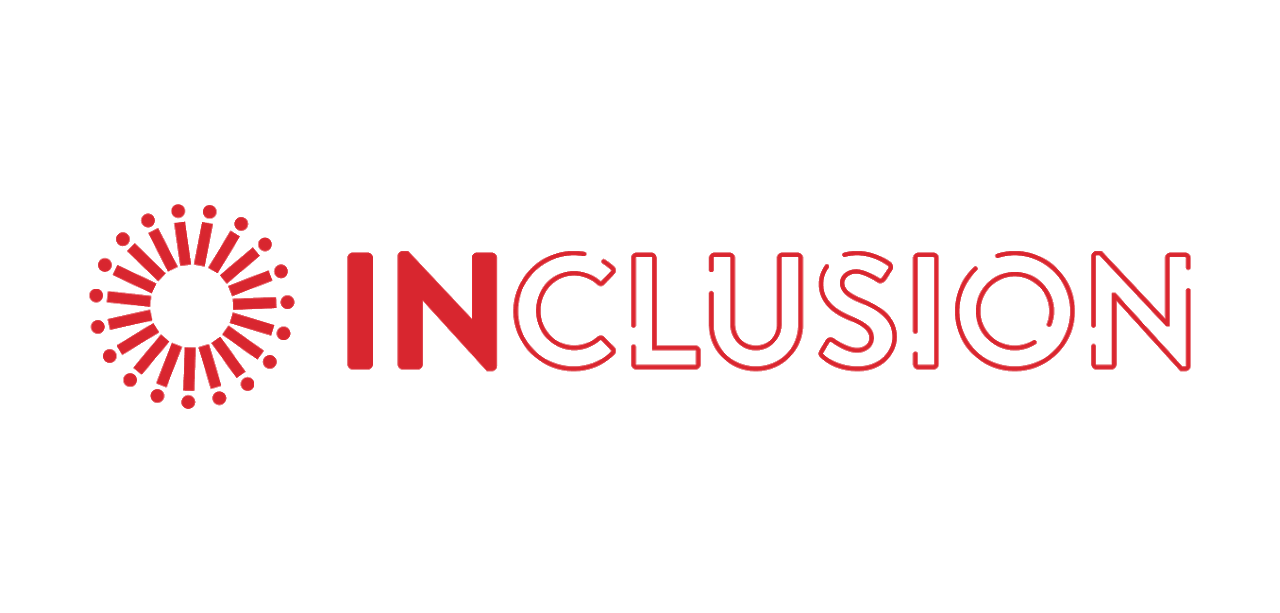Concepts to Know


The key terms included below are drawn from the insights of a community of learners in the U.S. It's a starting place for conversation and not a fixed destination. With that said, we expect we may miss how these terms and concepts could be expanded upon due to the limitations of the English language or that some terms may take on different meanings when used in different social and cultural contexts. To share feedback, please email partnerinclusion@netflix.com.
Cultural Competence
On an individual level, cultural competency is the ability to build bridges across our cultural commonalities and adapt behaviors across our cultural differences. A culturally competent company is one that sees difference as an asset rather than a liability and works to fully integrate its understanding of and appreciation for the diverse cultures and backgrounds into its vision, mission, culture, policies and practices.
Diversity
When it comes to people, diversity is about the mix of different cultures, experiences, and identities. We are each a composite of different identities, cultures and experiences. So, as humans, we are all diverse. When a company recognizes diversity, it also acknowledges and analyzes what dimensions of diversity are present and those that may be underrepresented.
Empathy
Empathy is the capacity to understand or feel what another person is experiencing from within their frame of reference, that is, the capacity to place oneself in another's position. Developing empathy is crucial for establishing relationships and behaving compassionately.
Video: Brené Brown on Empathy (Empathy is a key part of being an ally!)
Equity
Equity seeks to create the conditions needed to provide justice, fairness, and equal opportunity for everyone. To get to true equity, we have to address the impact of long term exclusion and bias and take steps to correct the underlying systems that perpetuate the inequality.
Inclusion
The act of creating environments where people of different backgrounds and cultural experiences feel expected, reflected, and respected. Inclusion is also about recognizing, understanding and appreciating differences, and being able to connect across these differences by being mutually adaptive rather than insisting that everyone be, think, and act the same.
Intersectionality
Each one of us have multiple identities that impact how we view ourselves and how other people view us. Intersectionality is a concept that recognizes that multiple identities are at play with respect to issues like bias and privilege and have a cumulative effect.
Marginalization
Refers to how individuals or groups are excluded and pushed out from consideration, respect, and importance. Marginalization is really the opposite of inclusion.
Microaggressions, Micro-inequities, and/or Paper Cuts
A statement, action, or incident regarded as an instance of indirect, subtle, or unintentional discrimination against members of a marginalized group such as a racial or ethnic minority. They can also be a consequence of unconscious bias.
One-Down and One-Up Groups
These terms refer to how certain social identity groups (based on for example: ethnicity, nationality, religion, region, age, gender identity, sexual orientation, physical appearance, socio-economic class, physical and cognitive abilities) have been historically designated as inferior or less than (one-down) and others that have been deemed superior and better than (one-up).
Privilege or Unearned Advantage
The benefit of the doubt we receive as individuals based on our social group identities rather than our individual merit. The privilege that members of different groups receive is most often based on historic, antiquated ideas of which groups are considered better-than or less-than.
Video: Life of Privilege Explained in a $100 Race
Solidarity
To be in solidarity is to ensure the removal of all barriers that inhibit access to social, political, and economic equality and equity. Acting in solidarity requires being disinterested in maintaining the status quo and doing so by asking thoughtful questions to ensure that historical ways of operating aren’t reinforcing or entrenching ideas, values, or beliefs that perpetuate harm toward marginalized groups.
Unconscious Bias
Also known as implicit social cognition, unconscious bias refers to the attitudes or stereotypes that affect our understanding, actions, and decisions in an unconscious manner. These biases, which encompass both favorable and unfavorable assessments, are activated involuntarily and without an individual’s awareness or intentional control.
Authentic Representation: Channeling a person’s experiences, identities, and backgrounds to inform the authenticity of the creative process and product.